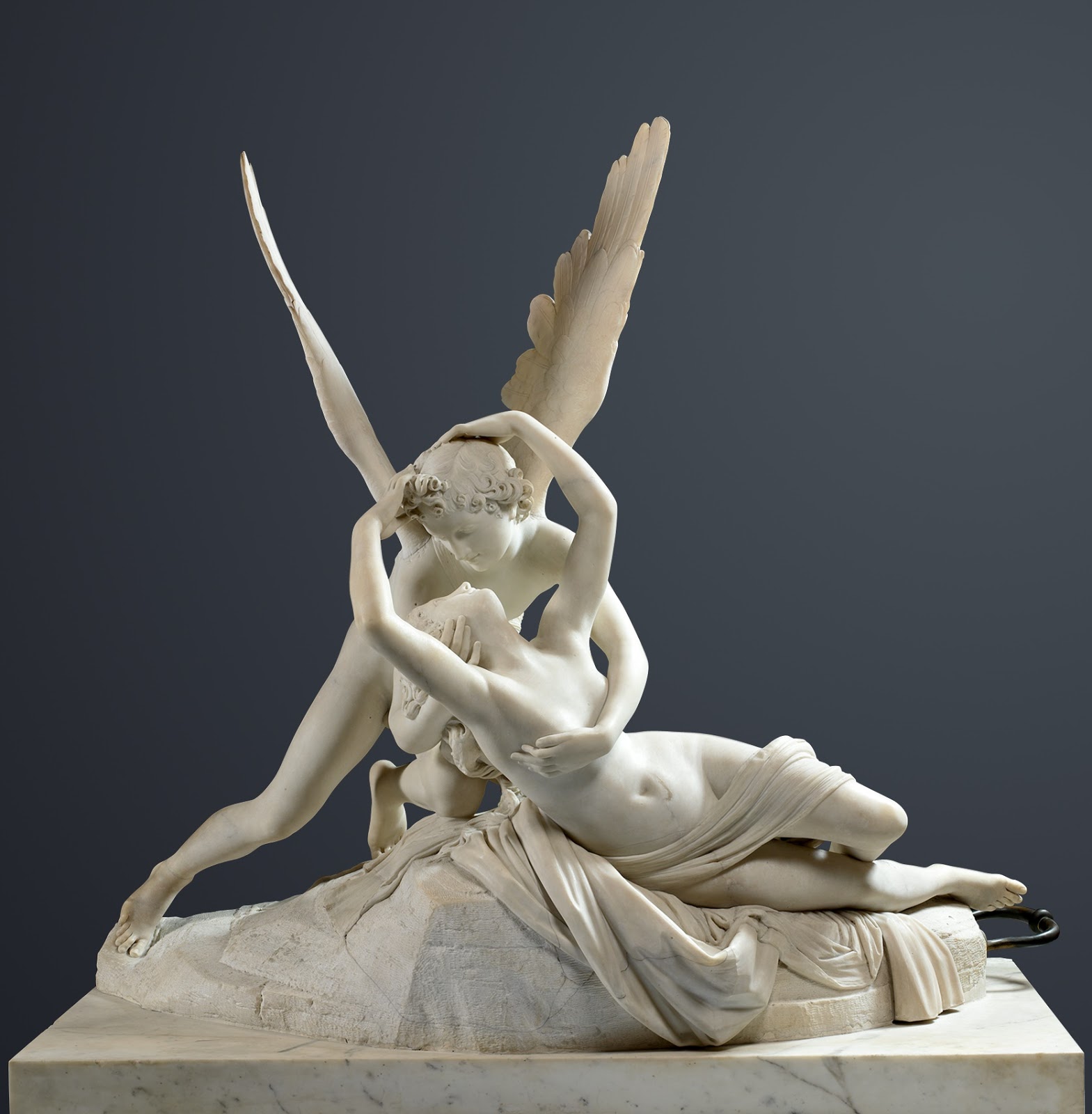Tyler Cowen’s guide to Enlightenment
No, that is not enlightenment about life, that is enlightenment about Enlightenment, as in the eighteenth century phenomenon. P., a loyal MR reader, wrote to me with such a request, noting correctly that “I usually find that broad, ambitious survey books are not the answer.”
That survey would be Peter Gay, recently a bestseller in China by the way, and then Ernst Cassirer, Jonathan Israel, and Roy Porter, but let me outline an alternative program of study. The goal here is to be practical, engaging, and vivid, not comprehensive or scholarly per se:
Books:
Geoffrey Clive’s short book The Romantic Enlightenment.
James Boswell, Journals, selected excerpts, he was an early blogger by the way, and David Hume, An Enquiry Concerning Human Understanding. I find that to be one of the wittiest of books. Plus Hume’s Essays.
Diderot, Rameau’s Nephew, and Rousseau’s Second Discourse. Condorcet, Essay on the Progress of the Human Mind. Voltaire I consider overrated.
Swift, Gulliver’s Travels, yes I know it is arguably “anti-Enlightenment,” better yet. If you insist on another Irishman, Bishop Berkeley is an entertaining writer as well.
Founding documents of the United States, and Ben Franklin, Autobiography.
Kant, Perpetual Peace, “What is Enlightenment?”, and Lessing, Nathan the Wise.
Beccaria, Of Crimes and Punishments.
If you have the time to tackle longer books, start with Smith’s Wealth of Nations and Boswell’s Life of Johnson and then Casanova and Tristram Shandy (there is by the way a splendid book on the postmodern in the Enlightenment but I can no longer remember the cite). Leave Montesquieu to the Straussians, although the returns are high if you are so inclined.
For history, read up on eighteenth century scientific societies, Robert Darnton on the rise of publishing and the book trade, Habermas on the coffeehouse debate culture and the public sphere, and Brewer and McKendrick on the rise of consumer society in England. Try Wikipedia for Catherine the Great, Frederick the Great, and other rulers of the time. There is also Margaret C. Jacob, The Radical Enlightenment, and books on 18th century Freemasonry. The French Revolution seems to require its own blog post, as does the Industrial Revolution, slavery too, in a pinch resort to the MR search function box on this blog. Foucault will give you a sense of the dark side of the Enlightenment, his history is unreliable but read him on Discipline and Punishment and on ideology try the rather dense The Order of Things.
That all said, I would start with music and the arts first.
Music:
Haydn, the London symphonies and late piano sonatas and string quartets Op.76.
Mozart, the major operas, including reading through the libretti while listening. If you can only do one thing on this list…
Gluck, assorted operas, noting he is not nearly the equal of Haydn or Mozart as a composer but he did capture the spirit of Enlightenment.
C.P.E. Bach, the Prussian Sonatas.
Painting:
Study French painting from Chardin through David, picture books will do if you can’t visit the original works. Focus on Watteau, Boucher, Fragonard, Vigée-Le Brun, Boilly, Hubert Robert, and others, how their works tie into the history of the period and how the styles transformed over time. Visit Paris, Huntington Gardens, and Tiepolo’s work in the Residenz in Würzburg. Do a tour of Georgian architecture in England, in a pinch visit the derivative works at Harvard, Yale, and Alexandria, Virginia. Study Tiepolo more generally, Goya, and also Antonio Canova.
Movies:
Why not? I’ll toss up Dangerous Liaisons (Vadim and Malkovich versions), Barry Lyndon, Casanova, Amadeus, A Royal Affair (can’t forget Denmark!), Marie Antoinette, Ridicule, and The Madness of King George.
What did I leave out that is of utmost importance?
